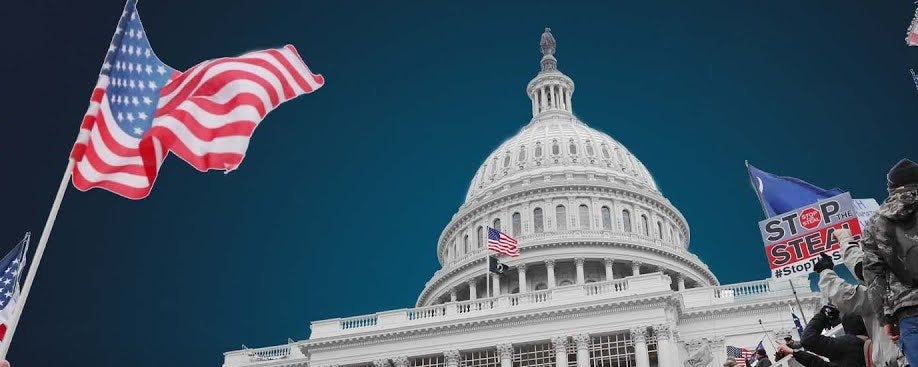Pritzker’s Illegal J6 Blacklist
Power, unchecked, is a dangerous thing. When wielded without restraint, it ceases to be an instrument of justice and instead becomes a cudgel of retribution. Illinois Governor JB Pritzker’s decree—permanently banning anyone who protested, rioted, or was arrested at the U.S. Capitol on January 6, 2021, from state employment, even if they were later pardo…




